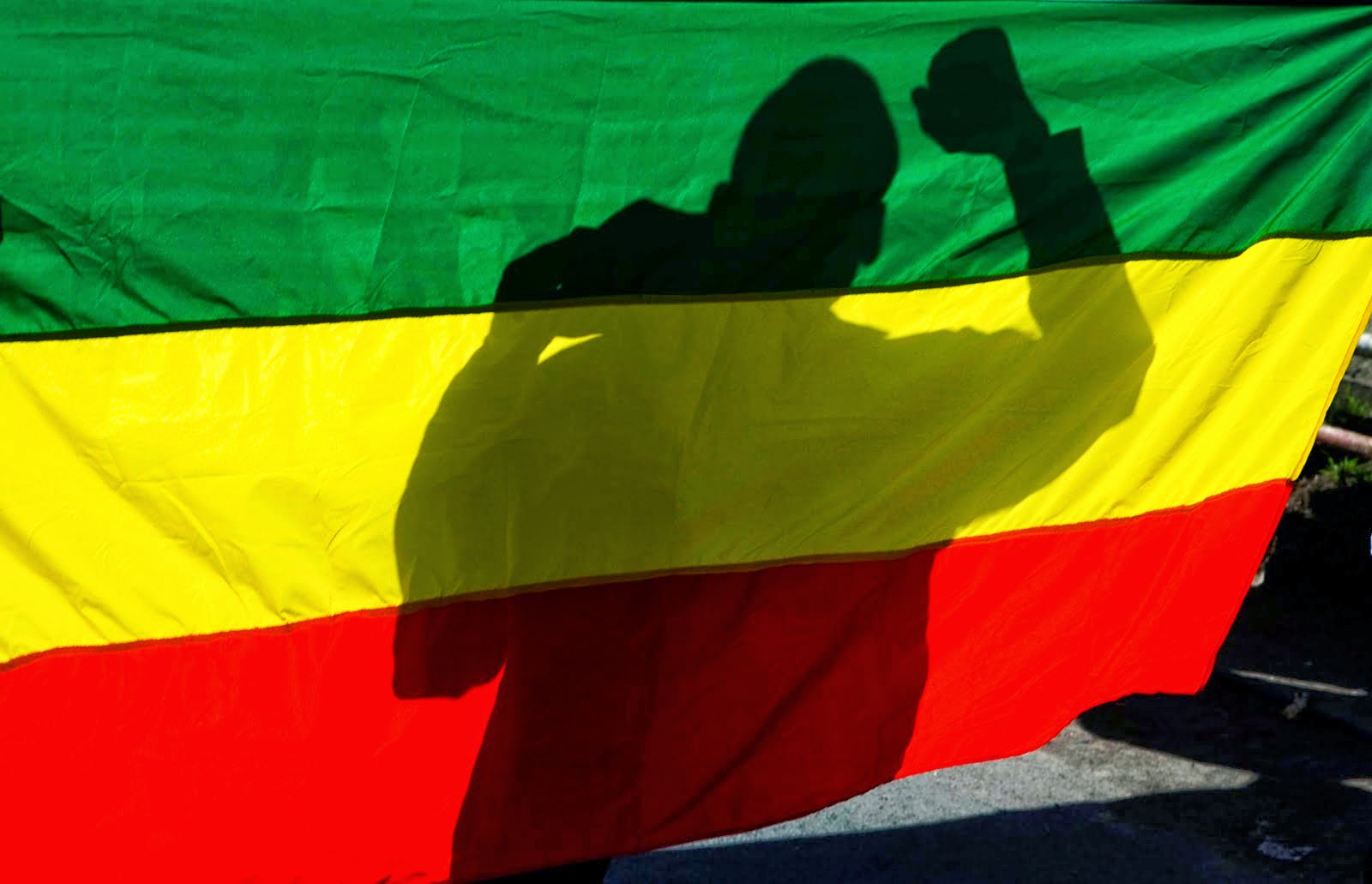It has been one month since the latest round of repression against government critics in Ethiopia began. Last weekend, the Zone9 bloggers and three journalists who were arrested in late April appeared in court.
To date, very little information has been given about the crimes the bloggers and journalists are accused of committing or the reasons why they are being held practically incommunicado. Rather than indicting the prisoners during the recent court appearance, the presiding judge gave police an additional 28 days to investigate the case, sending the nine bloggers and journalists back to jail without officially charging them. It was the second time since their arrest that the court has delayed the process, and knowing Ethiopia’s dodgy laws around “crimes against the state,” it probably will not be the last time.
The tactic of detaining and delaying is not uncommon in Ethiopian political trials. The recent Anti-Terrorism Proclamation gives the court broad liberties on detention and remand, allowing the accused to be held up to a period of four months while investigations are underway. Four months without knowing what one is charged with, without the possibility of bail (as in this case) and without sufficient access to legal representation or time with family and friends. The longer the bloggers and journalists linger in jail, government may hope that media attention and the initial outcry against the crackdown will wane. But, the move is more than just a ploy to diffuse interest in the situation. More importantly, it buys time for the state to build a legal case against the accused because in Ethiopia the façade of legalism has become an indispensable gloss on political repression.
As ludicrous as the accusations of terrorism or subversion by bloggers and journalists is the ritual of political trials and court proceedings used to affirm such crimes. If a state seeks to silence criticism and repress freedom of expression, why go through the trouble of a trial? In the past, regimes that sought to clamp down on opposition did so more candidly, without any pretexts or deliberations. Yet, in recent years, few states—liberal or illiberal—have attached as much significance to legalism as the Ethiopian government when it comes to resolving political disputes. On the surface, this is a welcomed change—since it would be foolish to argue that anyone would prefer the barrel of a gun to a trial—but the reliance on laws hides a deeper problem at the core of the political system in Ethiopia and other states that have adopted liberalism without fully buying into it.
continue reading on Africa is a country
By Beza Tesfaye – Africa is a country
http://ethioforum.org/the-legalization-of-political-repression-in-ethiopia/

No comments:
Post a Comment